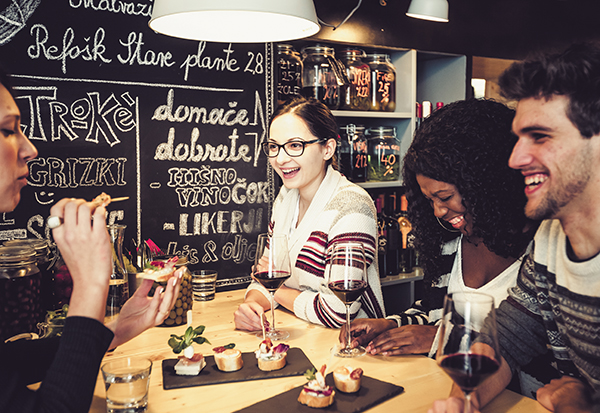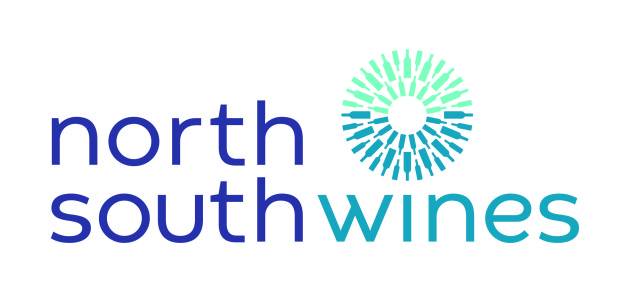
Millennials vital to health of the wine sector over next five years, says new research
A new definitive report into the drinking behaviours of millennials (born between 1980 and 2000) has put to bed concerns that younger drinkers are completely abandoning wine in favour of craft beers or spirits – or even eschewing alcohol completely.
New data released by Wine Intelligence on this topic showed that monthly participation in the wine category is not declining among 18-39 year olds and is, in fact, stable.
But their behaviours are markedly different from older generations and even the same age group 10 years ago.
While they “care more, spend more, and use wine a little more often” than 18-39 year olds back in 2009, they are also far more liberal with their drinking choices across categories, such as gin and craft beer, meaning the industry will have to fight harder to keep this cohort engaged.
“Younger consumers (18-39) who are drinking wine in the UK at least once a month in 2019 have a much more engaged relationship with wine than the corresponding 18-39 age cohort 10 years ago,” Wine Intelligence’s chief operating officer, Richard Halstead, told Harpers.
“They are more likely to agree with statements such as "Wine is important to my lifestyle" and "I have a strong interest in wine".
“They also tend to spend more on wine in the off-trade, typically because they have less experience than older consumers (and so use price as a proxy for quality), and also because they tend to buy when needed or in on-the-go situations, so are less likely to utilise multibuy offers or shop in larger, lower cost grocery.
“On the other hand, the data also suggests that younger people have a broader repertoire of alcoholic beverages compared with 10 years ago, with increases in incidence of usage of beer (mainly craft beer), cider, gin, rum and cocktails, suggesting that wine is having to work harder to maintain its share of alcoholic beverage volume.”
Losing the attention of millennials is one of the big threats to the wine category over the next five years, along with reducing alcohol consumption and increased taxation, Wine Intelligence said.
While the UK’s monthly wine drinking population is steady, there is a decreasing incidence of “heavy users”, with the proportion of regular wine drinkers who drink wine most days / every day falling from 16% in 2007 to 11% in 2019.
Over that time, total wine volume sold in UK has fallen 18% from 135.8m 9L cases in 2009 to 111.2m in 2018.
Evidence shows that millennials are actually spending more on wine than they used to and, when they do buy wine, they are actually spending more than older drinkers.
Additionally, 59% of 25-29 year olds now say they have “a strong interest in wine” compared to 43% in 2009, with a similar pattern emerging for 30-34 year olds, presenting yet more opportunities for wine in the premium segment.
On the topic of Gen Z – the cohort born after 2000 – Halstead says it is too early to say what the impact on the wine industry will be, as this group is only just reaching legal drinking age.
However, he refers to the ONS Social Trends survey data which suggests that 30% of 16-24s don’t drink alcohol at all (up from 20% 10 years ago).
Gen Z has been described as the most austere generation since the Second World War, with moderation trends likely to have a big impact not just across alcohol, but all FMCG categories.
All data is from Wine Intelligence’s Millennials and wine in the UK: Should we be worried or excited? report.
Keywords:
- wine
- UK
- years
- Craft beer
- Beer
- alcoholic
- craft
- data
- millennial
- millennials
- drinking
- cost
- Grocery
- engaged
- olds
- cohort
- year olds
- utilise multibuy offers
- larger lower cost
- lower cost grocery





